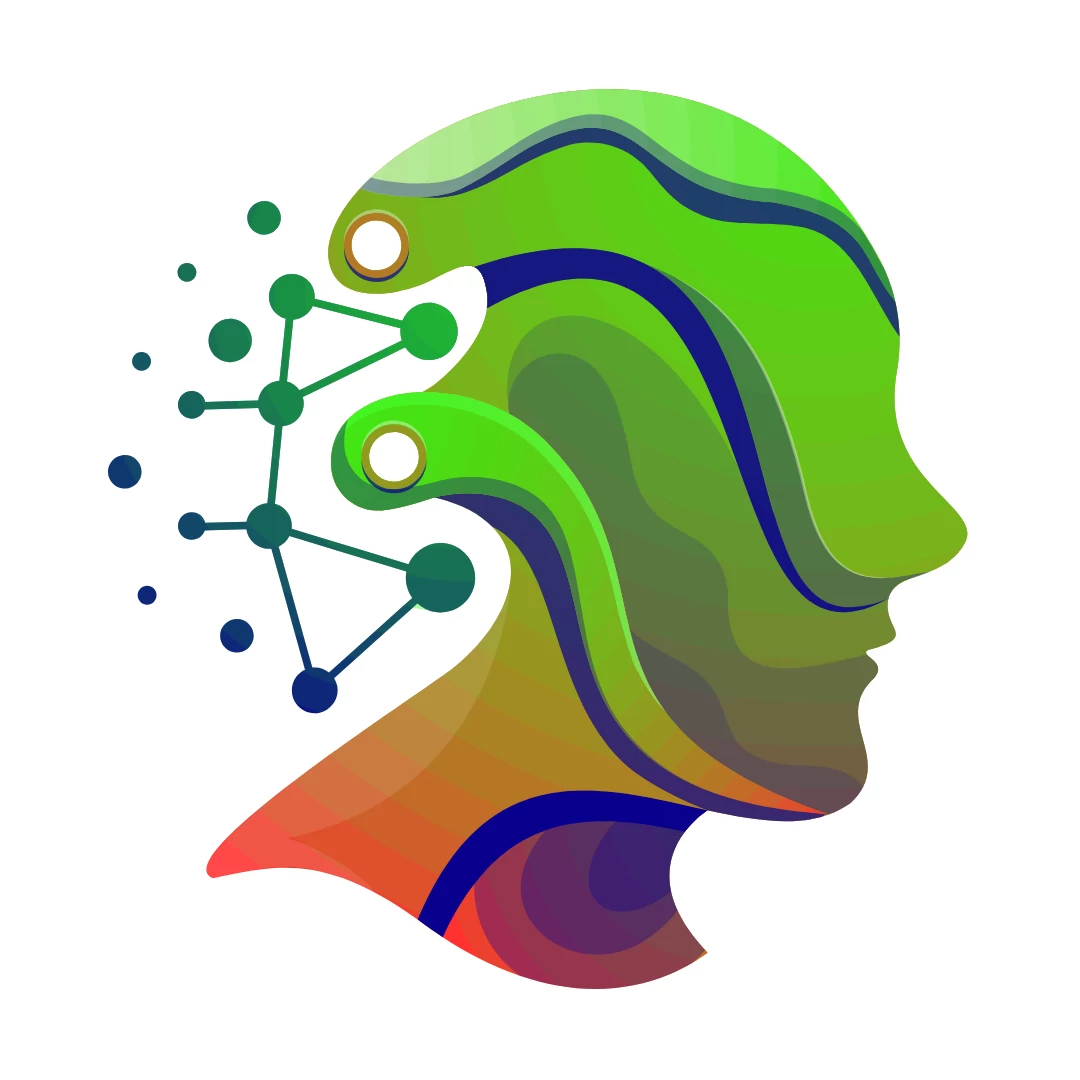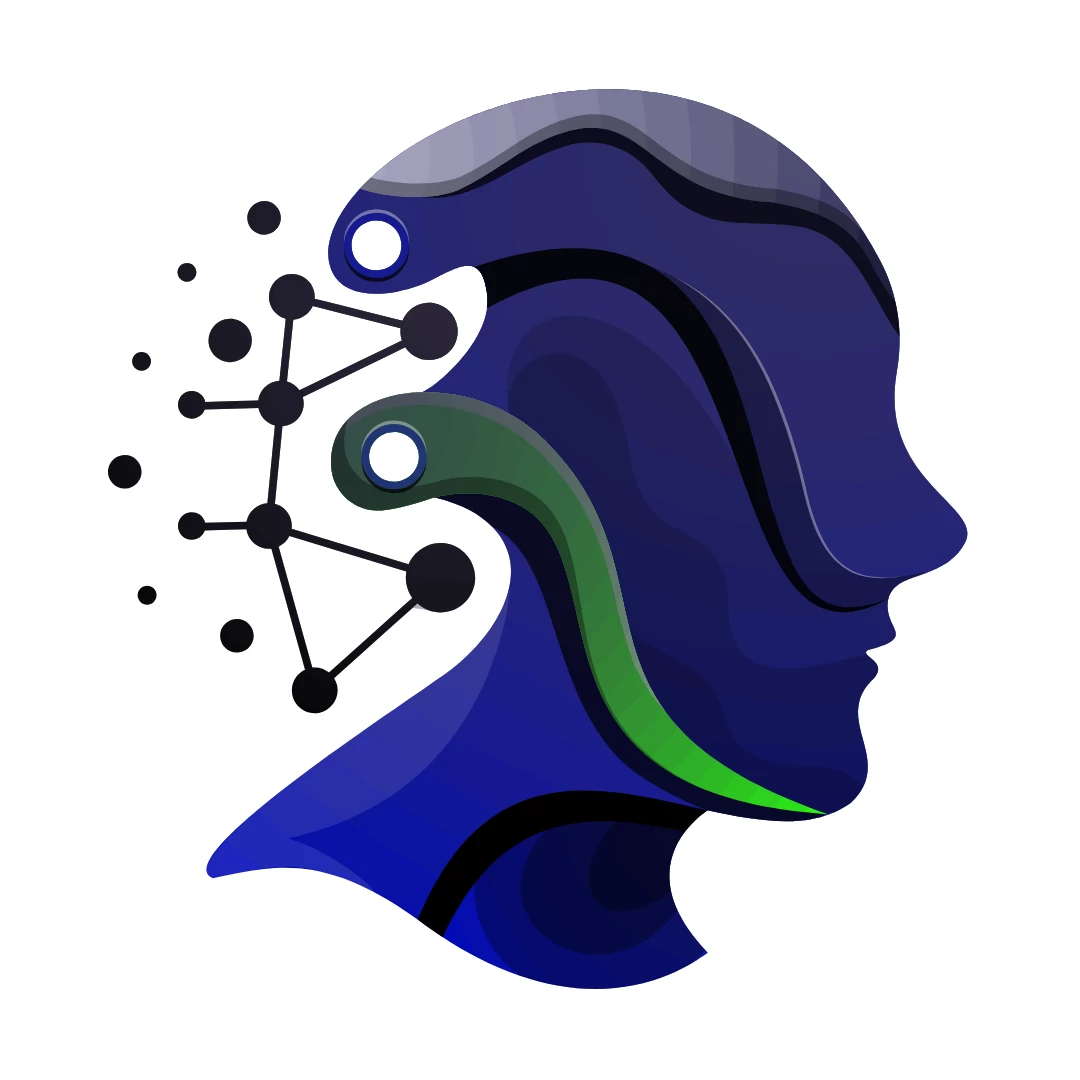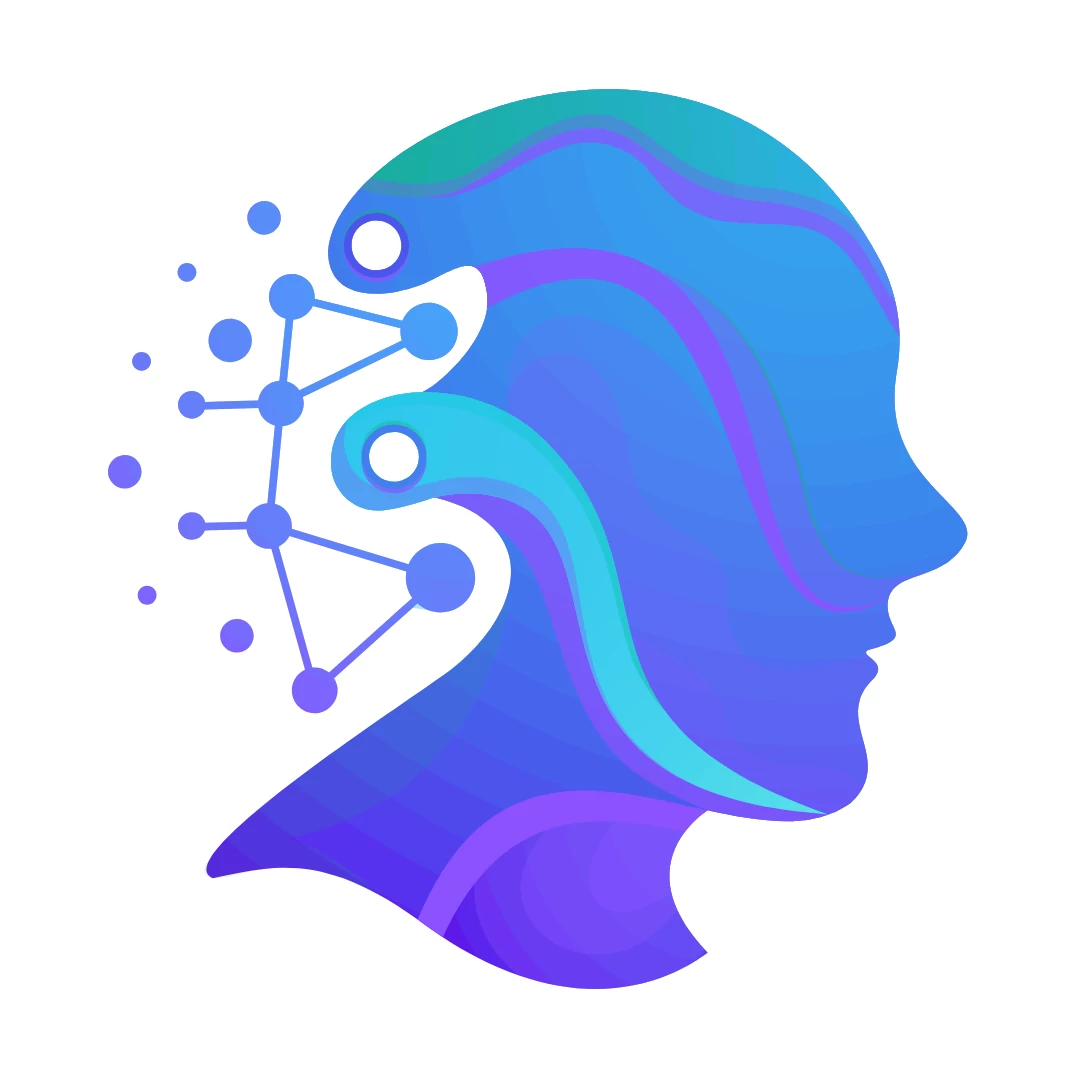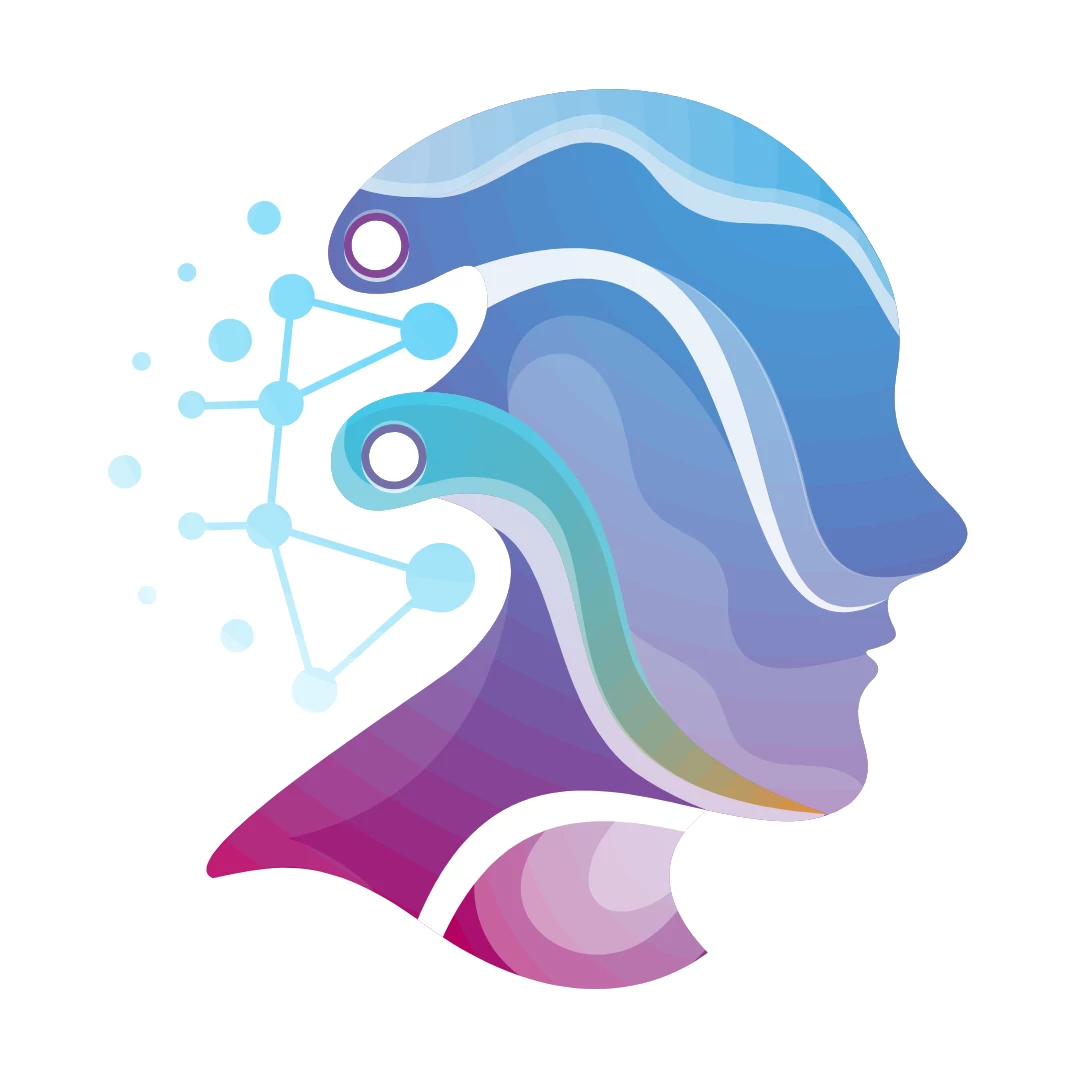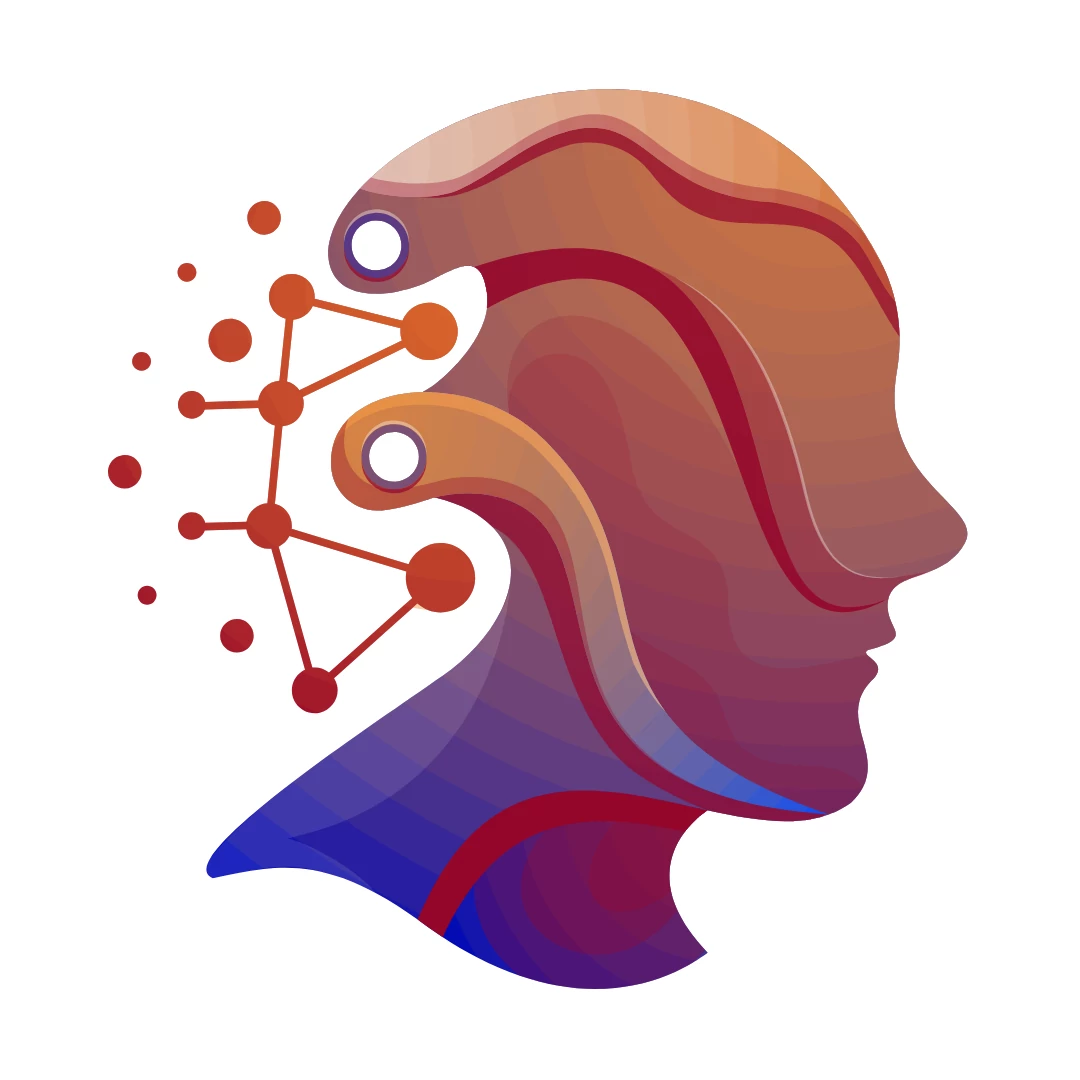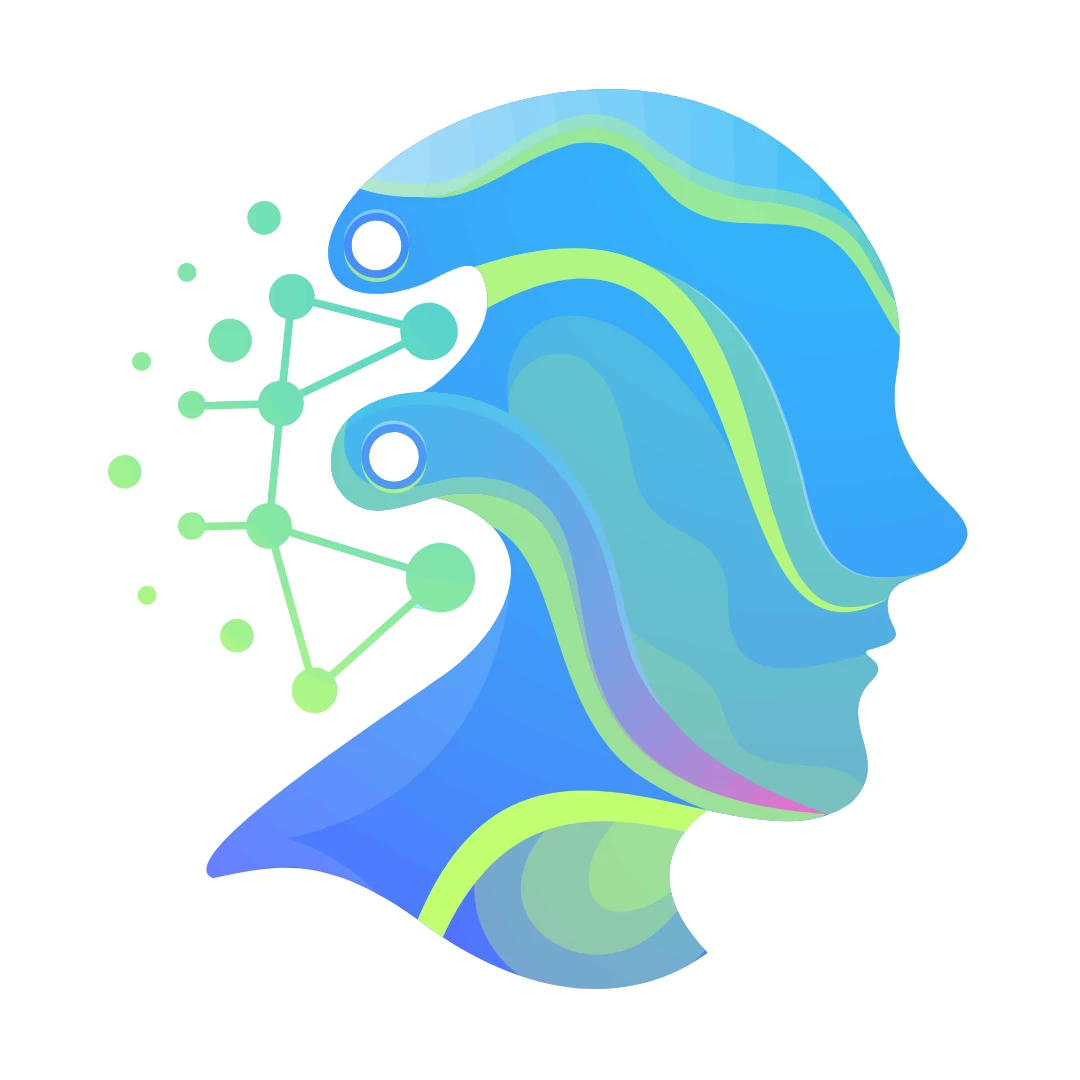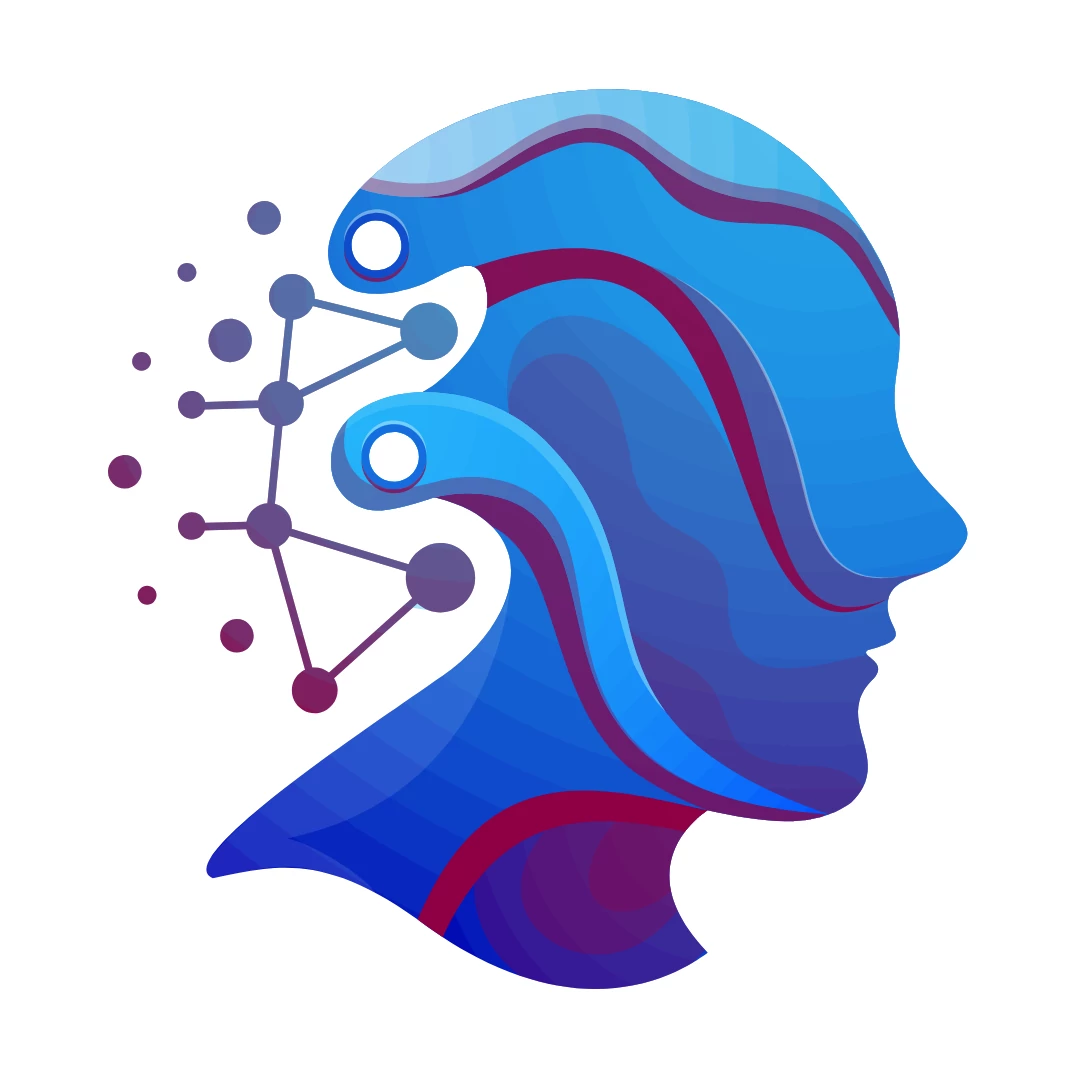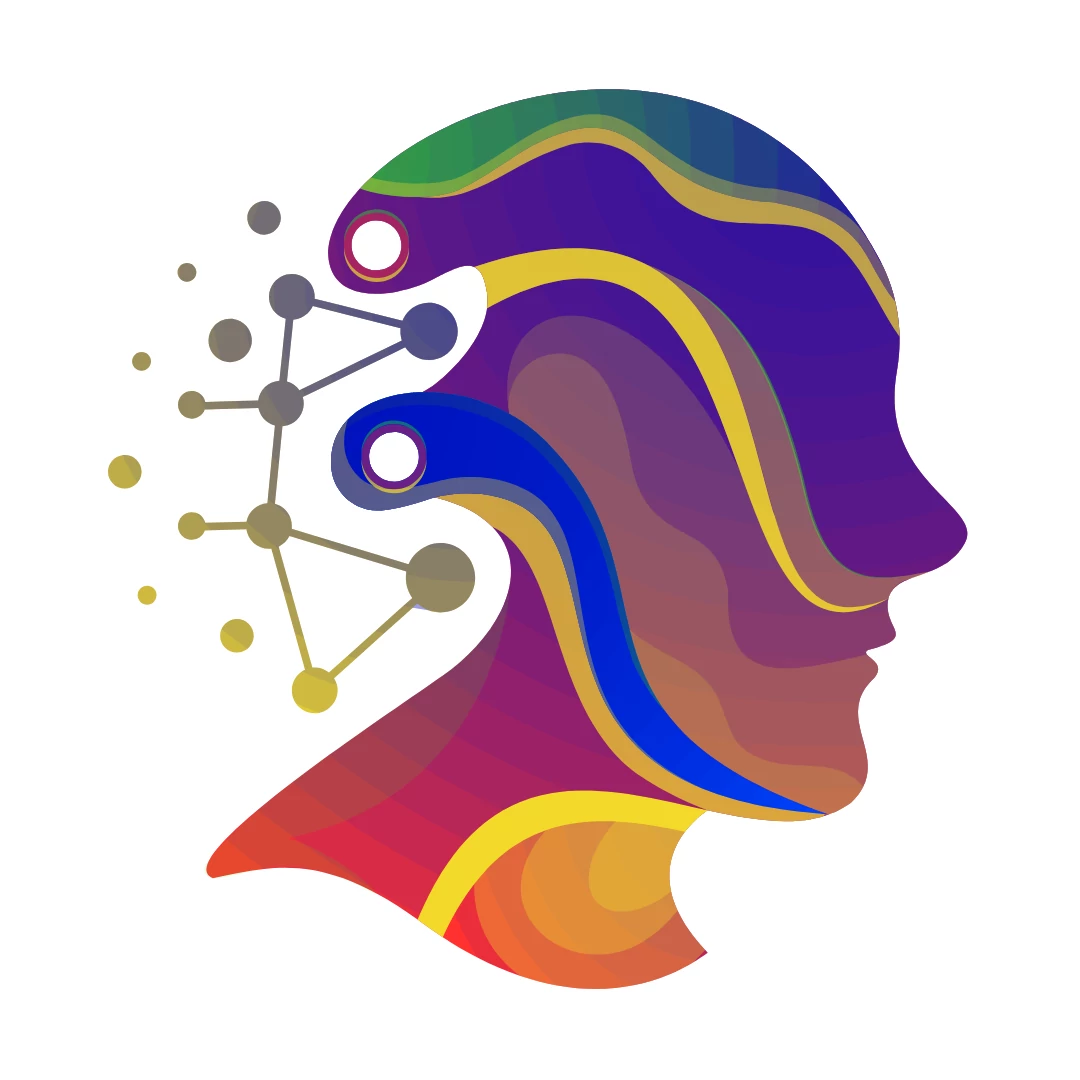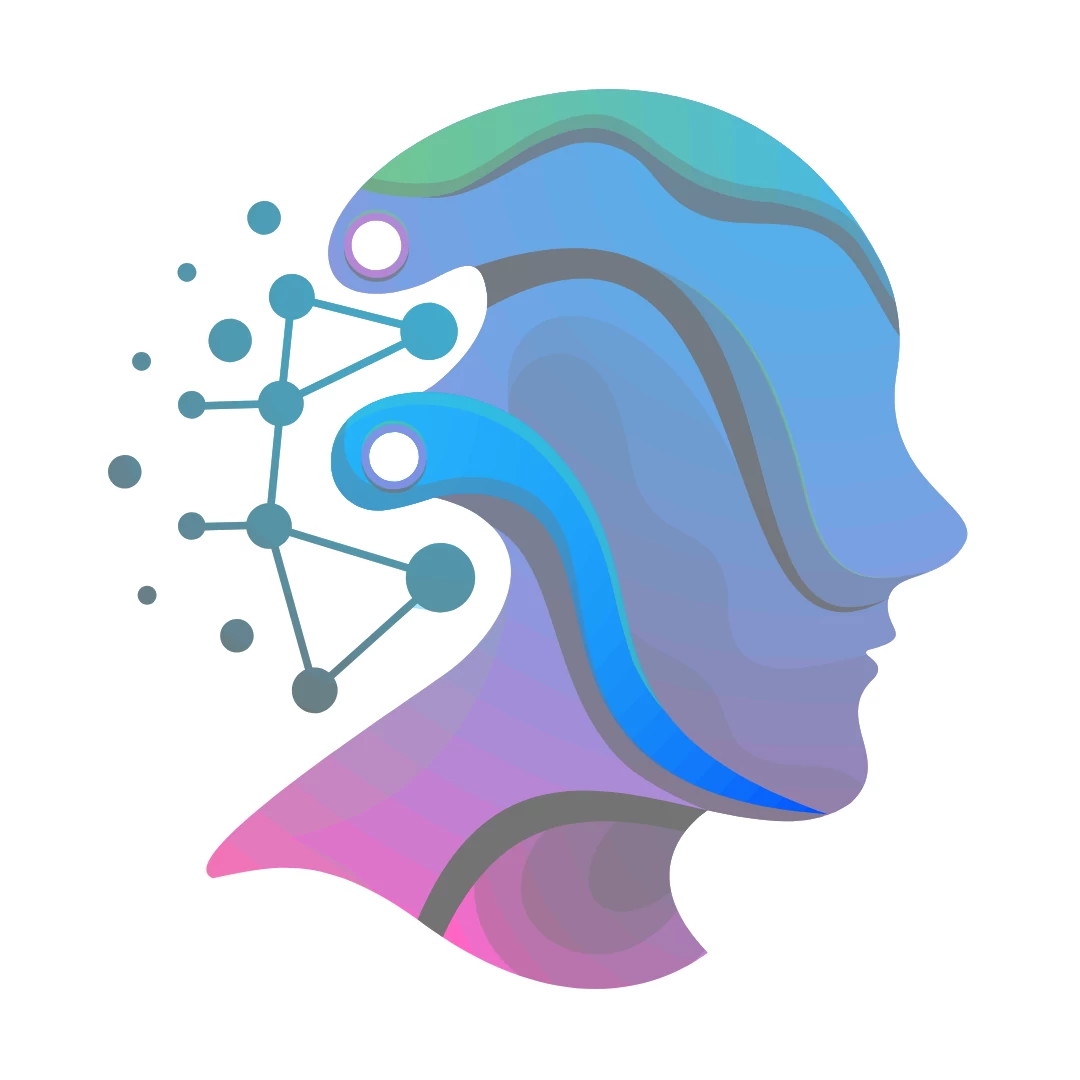🧠 AI Quiz
Think you really understand Artificial Intelligence?
Test yourself and see how well you know the world of AI.
Answer AI-related questions, compete with other users, and prove that
you’re among the best when it comes to AI knowledge.
Reach the top of our leaderboard.
illumi
Where Human and AI Collaboration Shine

What is illumi?
Illumi brings teams together in a shared space where ideas flow freely, blending human ingenuity with smart suggestions to tackle tough problems. This platform turns scattered notes and half-baked thoughts into organized action plans, making it easier for groups to build on each other's strengths without the usual back-and-forth headaches. Folks who've tried it often say it's like having a creative brainstorm session that never ends, but with tools that actually remember what you talked about last time.
Introduction
Illumi started as a way to fix the mess of juggling multiple apps during team huddles, where one person is sketching on a board while another's typing notes elsewhere. A small group of innovators, tired of losing great ideas in the shuffle, pieced it together to create a spot where everything connects seamlessly. Now in its beta phase, it's already pulling in users from all walks—consultants mapping client strategies, marketers plotting campaigns, even tech leads outlining project flows. What draws people in is how it captures those fleeting sparks and turns them into something reusable, so your next meeting picks up right where the last one left off, full of momentum and minus the recap drudgery.
Key Features
User Interface
The board stretches out endlessly, like a big conference table you can draw on forever, with drag-and-drop cards and lines that snap into place to link your thoughts visually. You can hide messy bits behind clean shapes or zoom in on clusters of related notes, all while chatting in real time with your crew. It's got that Notion-like flexibility but with a whiteboard vibe, so whether you're jotting quick bullets or sketching flowcharts, it feels natural and keeps the energy up without tech getting in the way.
Accuracy & Performance
When you feed it a rough idea, the responses come back sharp and on-point, pulling from a mix of sources to suggest paths that actually fit your goals. It handles busy sessions without lagging, even when a dozen folks are editing at once, and users report wrapping up alignments in a fraction of the time it'd take with scattered emails. That reliability builds trust fast, as it rarely throws curveballs, instead offering tweaks that refine without rewriting your whole plan.
Capabilities
Build custom setups for repeated tasks, like turning a client brief into a full strategy map, or mix in different engines for varied takes on the same puzzle. It remembers past sessions, so your team's know-how compounds over projects, from simple brainstorms to deep dives into data synthesis. You can upload docs to spark fresh angles or automate routine steps, making it versatile for everything from quick daily standups to month-long initiatives.
Security & Privacy
Your boards stay private by default, with controls to invite only who needs in and logs to track changes without storing extras. It follows solid standards for handling shared files, wiping temps after use and letting you export without traces left behind. Teams in sensitive fields, like consulting or tech, appreciate how it keeps the inner workings under wraps, so collaboration feels safe even when ideas are gold.
Use Cases
Marketing squads use it to map out content calendars, linking audience insights to draft outlines in one go. Consultants sketch client journeys, layering feedback loops that evolve with each call. Tech teams plot feature roadmaps, connecting user stories to code snippets for smoother handoffs. Even educators build lesson plans collaboratively, pulling in resources to make classes more dynamic without the usual folder chaos.
Pros and Cons
Pros:
- Cuts down on app-switching, keeping everyone in sync effortlessly.
- Builds a shared memory that speeds up future work big time.
- Visual tools make complex stuff easier to grasp and tweak.
- Responsive crew behind it, fixing snags before they slow you.
Cons:
- Beta status means a few rough edges, like occasional glitches.
- Relies on invites for full collab, which might trip up solos at first.
- No deep mobile tweaks yet, better on desktops for now.
Pricing Plans
Beta access is open right now with no upfront cost, letting teams test the waters fully before any commitments. Once it rolls out wide, expect flexible tiers—likely a free base for small groups, mid-range for core features around twenty bucks per user monthly, and premium for unlimited storage and extras at forty or so. It plays nice with your existing subscriptions, so no double-dipping on the basics, and annual deals should knock off a chunk to sweeten the pot.
How to Use Illumi
Jump in by creating a board and inviting your folks, then dump in files or notes to set the scene. Sketch out your goal with a quick prompt, test it against different views, and watch suggestions light up connections you missed. Refine together by dragging elements or adding comments, then save the setup as a template for next time. Export bits as needed, or let it run automations to keep things humming without constant nudges.
Comparison with Similar Tools
Against visual boards like Miro, Illumi layers in smarter suggestions without the blank-stare moments, though Miro might win for pure design flows. Figma shines for pixel-perfect mocks, but falls short on the idea-capture side where this one excels. It's like Notion on steroids for teams that need quick wits, blending structure with spark in a way that feels more alive than the rest.
Conclusion
Illumi lights up the path for teams tired of fragmented tools, turning group brainpower into something tangible and reusable. It's that rare spot where tech steps back to let creativity lead, fostering bonds and breakthroughs that stick. As more outfits chase smarter ways to work together, this platform's poised to be the quiet force behind the next wave of innovations, one connected idea at a time.
Frequently Asked Questions (FAQ)
Can I use it solo?
Absolutely, it's great for personal brainstorming too, with all the collab perks waiting when you need them.
What if I already pay for other services?
Bring your keys along—it integrates smooth, so you're not starting from zero.
How many can join a board?
Scales to your team size, with no hard caps in beta for real group tests.
Is it ready for heavy daily use?
Beta's solid for most, but expect some tweaks as it grows with feedback.
What about mobile access?
Works on the go via browser, though full drag-and-drop shines best on bigger screens.
AI Knowledge Base , AI Team Collaboration , AI Workflow Management , AI Project Management .
These classifications represent its core capabilities and areas of application. For related tools, explore the linked categories above.
illumi details
This tool is no longer available on submitaitools.org; find alternatives on Alternative to illumi.
Pricing
- Free
Apps
- Web Tools
Categories
illumi Alternatives Product
Sourcetable
Nifty
Helploom
4ga Boards
LaunchBoard
EasyVC
MindSnapz
Candidate Sc…




